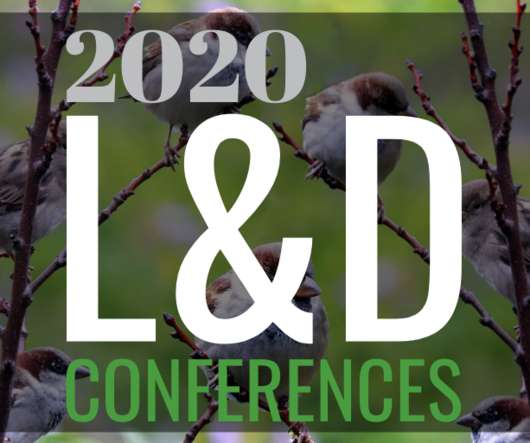Knowledge, practice and community
Learning with e's
AUGUST 22, 2014
After a break from blogging during the summer break, I''m back, and here is the continuation of my series on theories of learning, with number 25. You may recall that I''m working through the alphabet of psychologists and theorists, providing a brief overview of each theory, and how it can be applied in education.






























Let's personalize your content